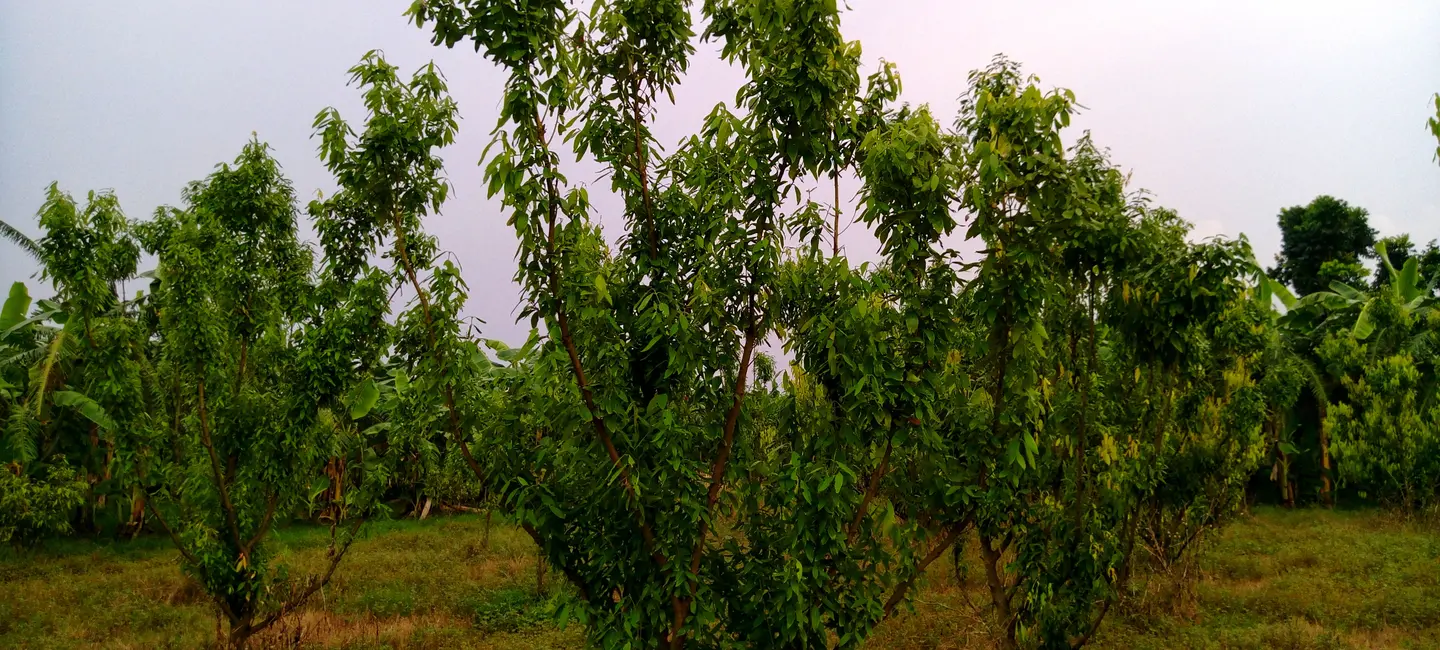
Indian cassia is a tree. It grows in parts of the Himalayas, other northern parts of India, Asia, and Australia. The leaf and bark are used as medicine.
Indian cassia is used for diabetes, cough, common cold, rheumatoid arthritis (RA), and many other conditions, but there is no good scientific evidence to support these uses.
In foods, Indian cassia is used as a spice or flavoring agent.
Is It Effective?
NatMed Pro rates effectiveness based on scientific evidence according to the following scale: Effective, Likely Effective, Possibly Effective, Possibly Ineffective, Likely Ineffective, Ineffective, and Insufficient Evidence to Rate.
- Diabetes. Taking Indian cassia three times per day for 3 months might lower blood sugar in people with diabetes.
- Asthma.
- Bad breath.
- Excessive crying in infants (colic).
- Common cold.
- Complications after childbirth.
- Cough.
- Diarrhea.
- Gonorrhea.
- Menstrual cramps (dysmenorrhea).
- Heart disease.
- Indigestion (dyspepsia).
- Liver disease.
- Nausea and vomiting.
- Rheumatoid arthritis (RA).
- Sexual problems that prevent satisfaction during sexual activity.
- Skin damage caused by the sun.
- Sore throat.
- Tuberculosis.
- Other uses.
More evidence is needed to rate the effectiveness of Indian cassia for these uses.
Is it Safe?
Indian cassia might help the pancreas release insulin. This might lower blood sugar in people with diabetes.
When taken by mouth: There isn't enough reliable information available to know if Indian cassia is safe or what the side effects might be.
When applied to the skin: There isn't enough reliable information available to know if Indian cassia is safe or what the side effects might be.
Special Precautions & Warnings:
Pregnancy and breast-feeding: There isn't enough reliable information to know if Indian cassia is safe to use when pregnant or breast-feeding. Stay on the safe side and avoid use.
Diabetes: Indian cassia might lower blood sugar. Watch for signs of low blood sugar and monitor your blood sugar carefully if you have diabetes and use Indian cassia.
Surgery: Indian cassia might lower blood sugar levels. There is some concern that it might interfere with blood sugar control during and after surgery. Stop using Indian cassia at least 2 weeks before a scheduled surgery.
Medication for diabetes (Antidiabetes drugs)
Interaction Rating=Moderate Be cautious with this combination.
Indian cassia might lower blood sugar. Diabetes medications are used to lower blood sugar. Taking Indian cassia along with diabetes medications might cause blood sugar to go too low. Monitor your blood sugar closely. The dose of your diabetes medication might need to be changed.
Some medications used for diabetes include glimepiride (Amaryl), glyburide (DiaBeta, Glynase PresTab, Micronase), insulin, pioglitazone (Actos), rosiglitazone (Avandia), chlorpropamide (Diabinese), glipizide (Glucotrol), tolbutamide (Orinase), and others.
Water pills (Diuretic drugs)
Interaction Rating=Moderate Be cautious with this combination.
Indian cassia might decrease potassium in the body. Water pills can also decrease potassium in the body. Taking Indian cassia along with water pills might decrease potassium in the body too much.
Some water pills that can decrease potassium include chlorothiazide (Diuril), chlorthalidone (Thalitone), furosemide (Lasix), hydrochlorothiazide (HCTZ, Hydrodiuril, Microzide), and others.
Herbs and supplements that might lower blood sugar: Indian cassia might lower blood sugar. Using it with other herbs or supplements that also have this effect might lower blood sugar too much. Other herbs and supplements that might lower blood sugar include banaba, bitter melon, cowhage, ginger, glucomannan, goat's rue, fenugreek, kudzu, willow bark, and others.
Horsetail: Indian cassia might decrease potassium in the body. Horsetail might also decrease potassium in the body. Taking Indian cassia along with horsetail might decrease potassium in the body too much.
Licorice: Indian cassia might decrease potassium in the body. Licorice can also decrease potassium in the body. Taking Indian cassia along with licorice might decrease potassium in the body too much.
There are no known interactions with foods.
The appropriate dose of Indian cassia depends on several factors such as the user's age, health, and several other conditions. At this time there is not enough scientific information to determine an appropriate range of doses for Indian cassia. Keep in mind that natural products are not always necessarily safe and dosages can be important. Be sure to follow relevant directions on product labels and consult your pharmacist or physician or other healthcare professional before using.
Chai Gui, Cinnamomum tamala, Indian Bay Leaf, Indian Bark, Malobathrum, Talisha Pattri, Tamala, Tamala Patar, Tamala Patra, Tamalpatra, Tejpat, Tejpat Oil, Tejpata, Tejpatra, Tejpatta, Tez Pat, Tezpat.
Information on this website is for informational use only and is not intended to replace professional medical advice, diagnosis, or treatment. While evidence-based, it is not guaranteed to be error-free and is not intended to meet any particular user’s needs or requirements or to cover all possible uses, safety concerns, interactions, outcomes, or adverse effects. Always check with your doctor or other medical professional before making healthcare decisions (including taking any medication) and do not delay or disregard seeking medical advice or treatment based on any information displayed on this website.
© TRC Healthcare 2024. All rights reserved. Use and/or distribution is permitted only pursuant to a valid license or other permission from TRC Healthcare.
